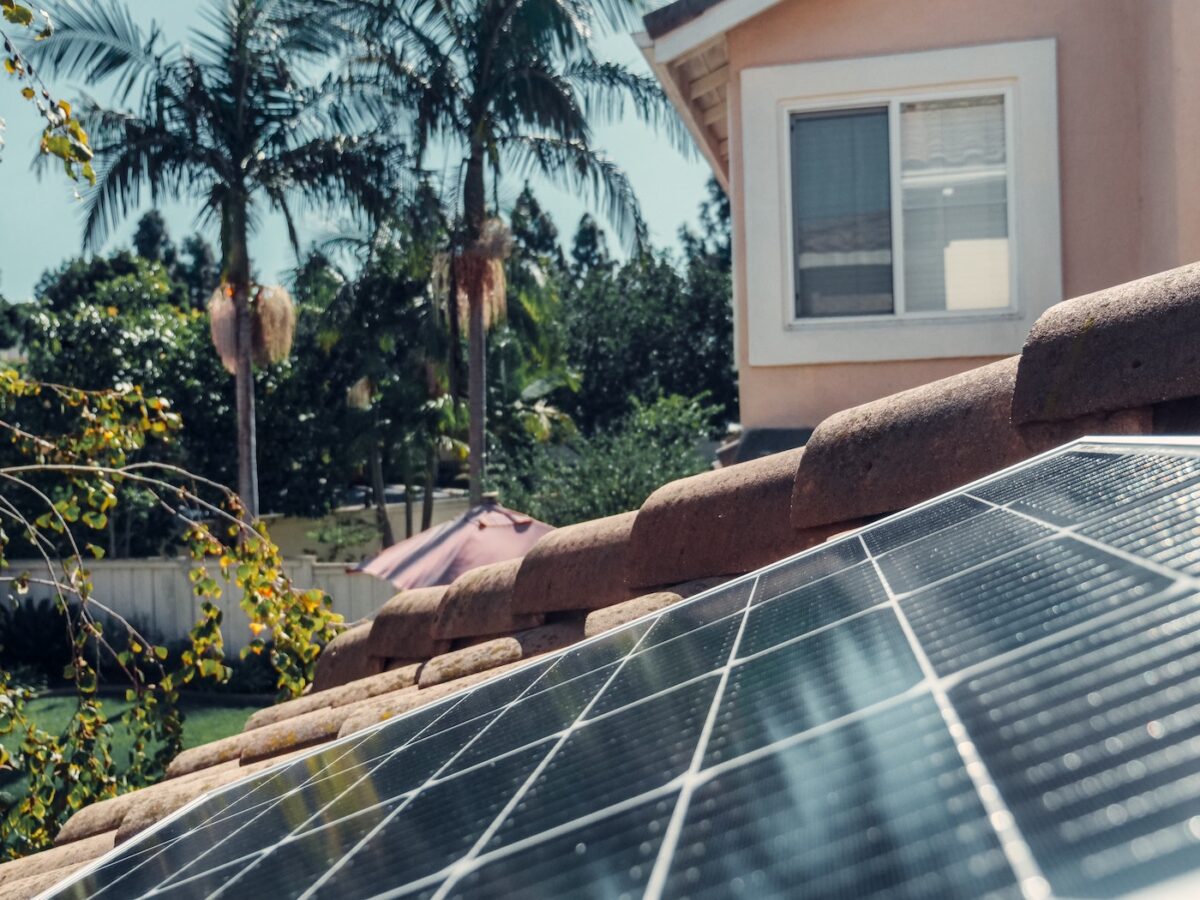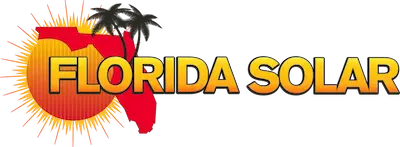Comparing Solar Loan Options

When you integrate solar panels into your home, you can greatly reduce your annual spending on electricity. In fact, many homeowners are able to recoup the total investment in savings after about 7-8 years.
Because the cost of buying and installing a solar energy system is often between $15,000 and $25,000, most homeowners choose to finance the expense. You can do this by taking out a loan, which you then pay back over a pre-determined amount of time. However, there are some loan terms you need to factor and considerations to keep in mind as you seek solar financing options.
In this article, we’ll explore your options for solar loans, and offer some advice on how to get the most value for your money.
Solar Tax Credit & Solar Loan Considerations
Solar loans allow a homeowner to borrow money and then pay it back with interest through monthly installments. This helps offset upfront costs while financing an asset that can generate significant financial value.
Apart from paying cash, a solar loan is the only other option that allows you to own your solar panel system outright and benefit from any rebates and financial incentives. This year’s Inflation Reduction Act (IRA) has considerably increased your tax savings. You can now take 30% of your total project costs off of your federal tax return. The previous tax credit was 26%. It’s a cliché to say, “There’s never been a better time to buy,” but in this case it’s true.
Let’s say you’ve made the decision to install solar panels to your home. In doing so, you’re helping the environment, reducing your electric bill, AND you’re going to increase the value of your home. But take your time before rushing to sign any loan agreement. Many lenders offer some pretty undesirable terms. Here are a few tips for protecting your bottom line:
- Shop for a low-interest rate. You did the same thing when you purchased your home and your car(s). A low-interest rate will mean saving thousands of dollars over the loan period.
- Consider the loan period. Are you the type to make higher monthly payments in order to quickly complete the terms of the loan? Or would lower payments over an extended period of time make more financial sense for you? Factor in your current monthly expenses to arrive at a scenario that works for you and your family’s budget.
- Look for low fees. Some lenders will charge you fees – often called “points” – before they will loan you the money. Think of this charge – expressed as a percentage of the loan amount you’re requesting — as the cost to get the loan. The higher the points, the more you have to borrow to pay for the cost of your solar energy system.
- Mind the down payment. The more you put down on a purchase upfront, the lower the amount you need to repay (and finance). If the interest rate terms are also favorable, you may choose a down payment that hits the financial sweet spot for your budget. However, you should know that if you would prefer to skip the down payment, Florida Solar offers a zero-down option.
Popular Solar Loan Options
Solar loans can typically be acquired through local and national banks, specialty lenders, manufacturers, and credit unions. It’s important to consider as many lenders as possible, keeping the considerations we’ve shared in mind. This way you can find the best loan solution for your needs.
- Personal Loans – There are no shortage of lenders offering personal loans that you can use to finance your solar energy system. This allows you to quickly compare and shop around, putting you in control. Generally speaking, they often have higher interest rates, but shorter repayment periods. Approval for personal loans can be difficult because lenders see them as risky investments. We recommend asking lenders if they offer specialized solar panel loans, or if they offer a green discount.
- Mortgage Loans – There are two types of mortgage loans that can help you simultaneously finance the purchase of a home and the installation of solar panels. These include FHA and Fannie Mae loans. These loans may be easier to qualify for and can also be used to refinance your existing mortgage and pay for your solar energy system too. Beware of higher interest rates, hidden fees, higher closing costs, and application red tape. This loan is also best when mortgage rates are low.
- Home Equity Loan or HELOC – Home equity loans or home equity lines of credit (HELOCs) are another popular way to finance the purchase of solar panels. They’re essentially a second mortgage using your house as collateral, which means that the lender can offer incredibly low-interest rates. For example, if your home is worth $300,000 and you owe $200,000. You can borrow a percentage of the $100,000 you have in equity. Typically, that percentage is around 85%.
- Government Programs – There are a couple of different government programs that will help you finance the installation of solar panels. The more popular programs include the PowerSaver program and the Property Assessed Clean Energy Financing (PACE) program. Check with your local government, as these programs are dependent upon where you live and what your energy-saving project entails.
- In-House Financing – Solar companies are able to provide their own financing options or partner with lenders that offer solar loans. These loans are often secured, unlike personal loans, requiring you to provide some form of collateral that reduces the lender’s risk. In many cases, it’s either the solar panels themselves that are used as collateral or your home. These loans are designed with terms that fit the lifecycle of your solar energy system. They may have a longer term, and lower monthly payments than other loans. This could be a simple route if you’re already planning to buy panels from the company. Depending on the solar company you choose, you could get a good deal if you accept financing through the installer.
Save More Money with Florida Solar
A solar energy system is a wise investment that will save you money over time. However, you need to be wary of inexperienced vendors who sell you energy systems that are not compatible with your home. Their low quote may be tempting, but they will end up costing you more because you’ll have to fix their mistakes to see the returns you expected.
Two simple rules of thumb – if it sounds too good to be true, it usually is. And beware of those who won’t give you specifics on how much you will save with the solar energy system they are proposing.
Here at Florida Solar, we’ve built a sterling reputation over the course of 40 years. We take pride in designing and installing the highest quality solar energy systems that deliver the savings our customers expect, and our client testimonials prove it.
Because your goal is to save money, we also offer in-house financing options with borrower-friendly loan terms that can save you money far beyond your other options – as much as 25% lower than our competition. We can deliver this value because we have access to financing terms that are available to only the most highly qualified solar panel installers.
Our preferred lender protects you by performing extensive research on the Contractor’s State License Board (CSLB) to ensure their business partners (like Florida Solar) are reputable companies that are licensed, bonded, and insured. They are also committed to the environment. 100% of your investment will fund clean energy technologies and infrastructure that combat the global climate crisis – a mission Florida Solar is passionate about as well.
Financing the purchase of solar panels can be complicated. We make the process as simple and cost-efficient as possible.
Contact us online or call us at 727-513-3873 to start the conversation about saving on your electric bill with financing that works for you.
You may even be able to eliminate your bill. (To understand how your electricity service provider credits you for the energy your system produces, see our article on net metering.)
